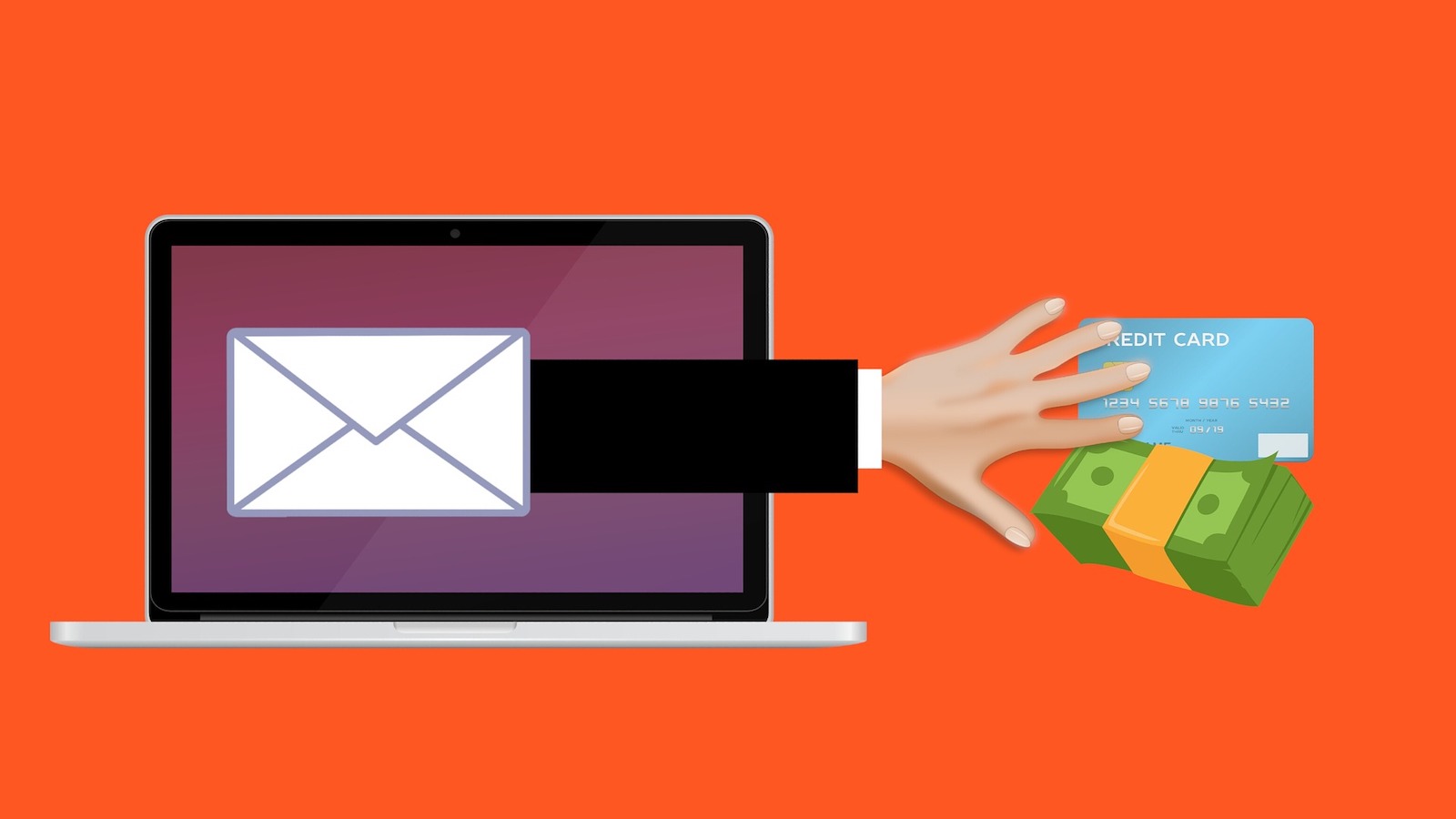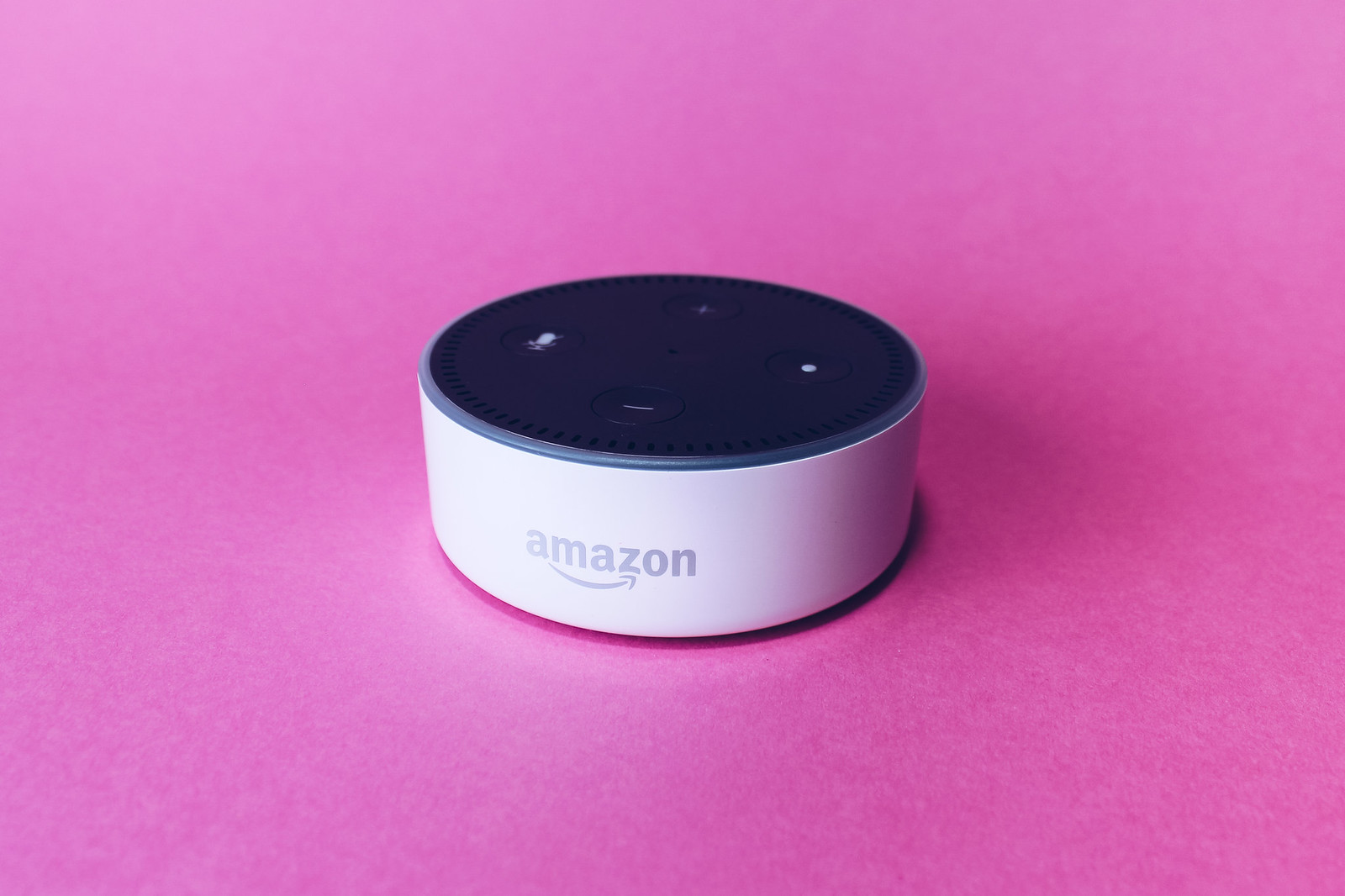Netflix Scams
During this pandemic, fake websites posing as Netflix have doubled, and the Better Business Bureau has reported an influx of fake Netflix pages, subscription renewal requests, and scammers posing as cable companies offering bundles of streaming services.
Alerts from the CDC or the WHO
One subject line reads: Covid-19 – now airborne, increased community transmission. It is designed to look like it’s from the Centers for Disease Control and Prevention (CDC), and even uses one of their legitimate email addresses, but has in fact been sent via a spoofing tool. The link directs victims to a fake Microsoft login page. Once they’ve entered their email and password, the scammers have control of the email account. This scam looks especially authentic because victims are redirected to the real CDC advice page.
- “Donate here to help the fight.” The fake CDC email asks for donations to develop a vaccine, and requests payments be made in the cryptocurrency Bitcoin.
- “Little measure that saves.” Hackers pretending to represent the World Health Organization (WHO) claim that an attached document details how recipients can prevent the disease’s spread.
- “This little measure can save you,” they claim. But the attachment infects computers with malicious software that records every keystroke and sends it to the attackers, a tactic that allows them to monitor their victims’ every move online.
Alerts from your child’s school
Some scammers have sent parents emails that suggest their child has been exposed to Coronavirus, and instructs them to click on a link, where they may be asked to enter personal identifying and financial information.
Workplace policy emails
One phishing email targets work emails and appears to come from individuals’ employers. It begins, “All, Due to the coronavirus outbreak, [company name] is actively taking safety precautions by instituting a Communicable Disease Management Policy.” If you click on the fake company policy, you’ll download malicious software.
Coronavirus map
A map of where coronavirus has hit throughout the world purports to come from Johns Hopkins University. Clicking on this downloads malware that steals your credentials.
Health advice
“Click here for a cure.” This message purports to be from a mysterious doctor claiming to have details about a vaccine being covered up by the Chinese and UK governments. Clicking on the attached document will take you to a spoof webpage designed to harvest login details.
Home Testing Kits and Other Products
New claims are popping up everywhere selling home testing kits for the Coronavirus and other “protective” items. These products haven’t been authorized by the FDA to test for or protect against the Coronavirus and could fail to work properly or simply not arrive at all.
Financial scams
Covid-19 tax refund. This scam in the UK involves emails that appear to come from the UK equivalent of the IRS. Clicking on the link to “access your funds now” takes recipients to a fake government webpage, where they are encouraged to input all their financial and tax information.
Fake websites
Several fake websites have been flagged by cybersecurity companies and anti-virus testing services. As of March 14th, they include:
-
coronavirusstatus[.]space
-
coronavirus-map[.]com
-
blogcoronacl.canalcero[.]digital
-
coronavirus[.]zone
-
coronavirus-realtime[.]com
-
coronavirus[.]app
-
bgvfr.coronavirusaware[.]xyz
-
Coronavirusaware[.]xyz
-
corona-virus[.]healthcare
-
survivecoronavirus[.]org
-
vaccine-coronavirus[.]com
-
coronavirus[.]cc
-
bestcoronavirusprotect[.]tk
-
coronavirusupdate[.]tk














